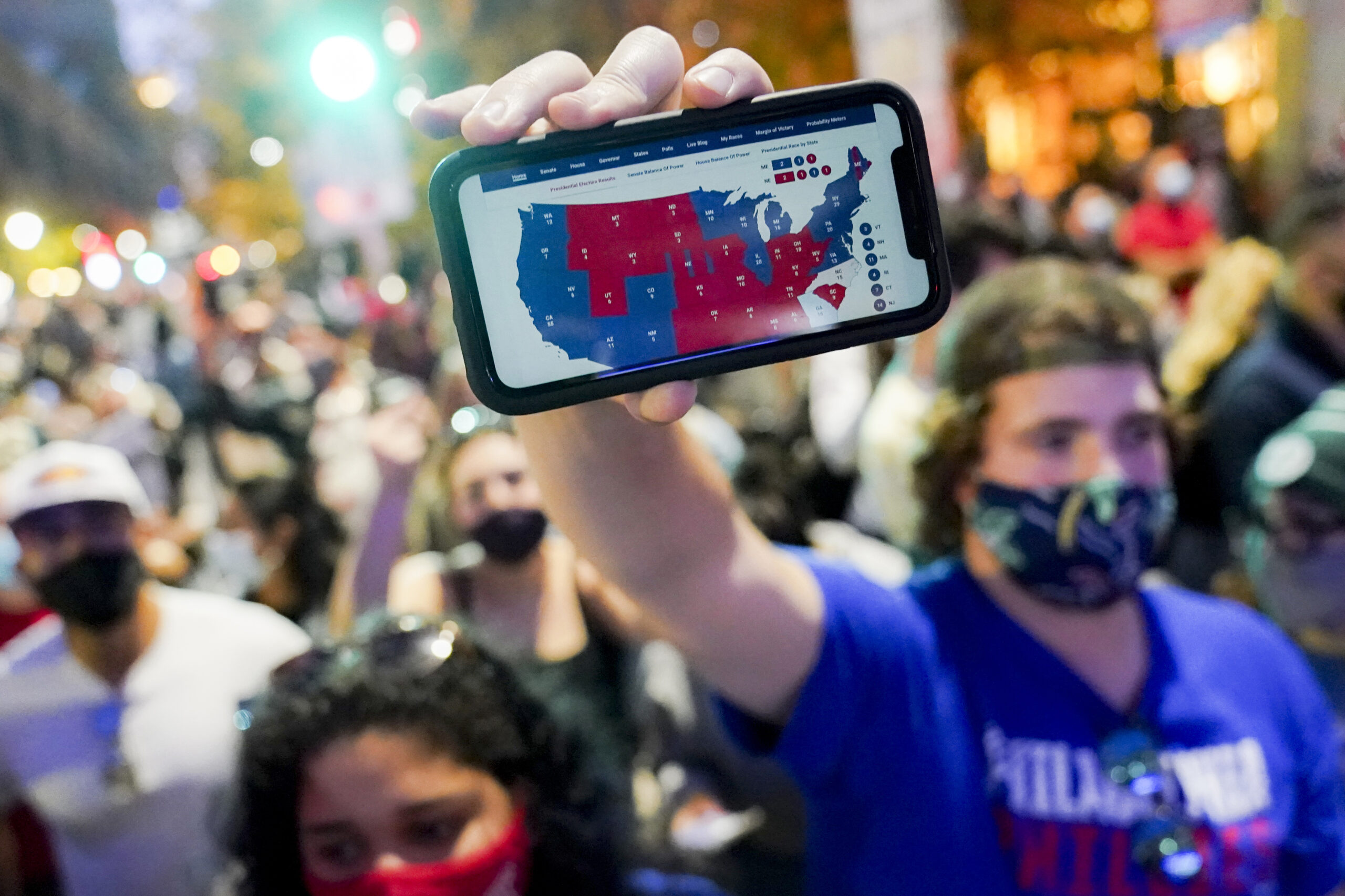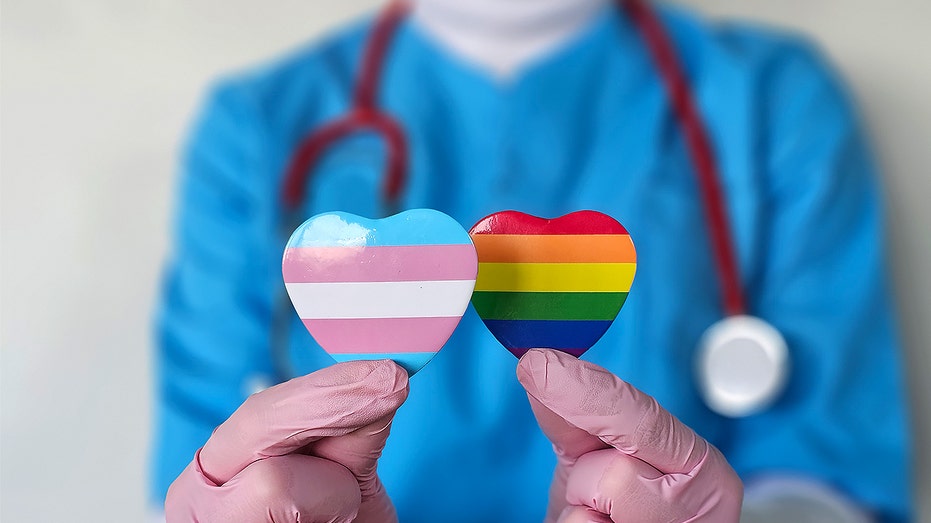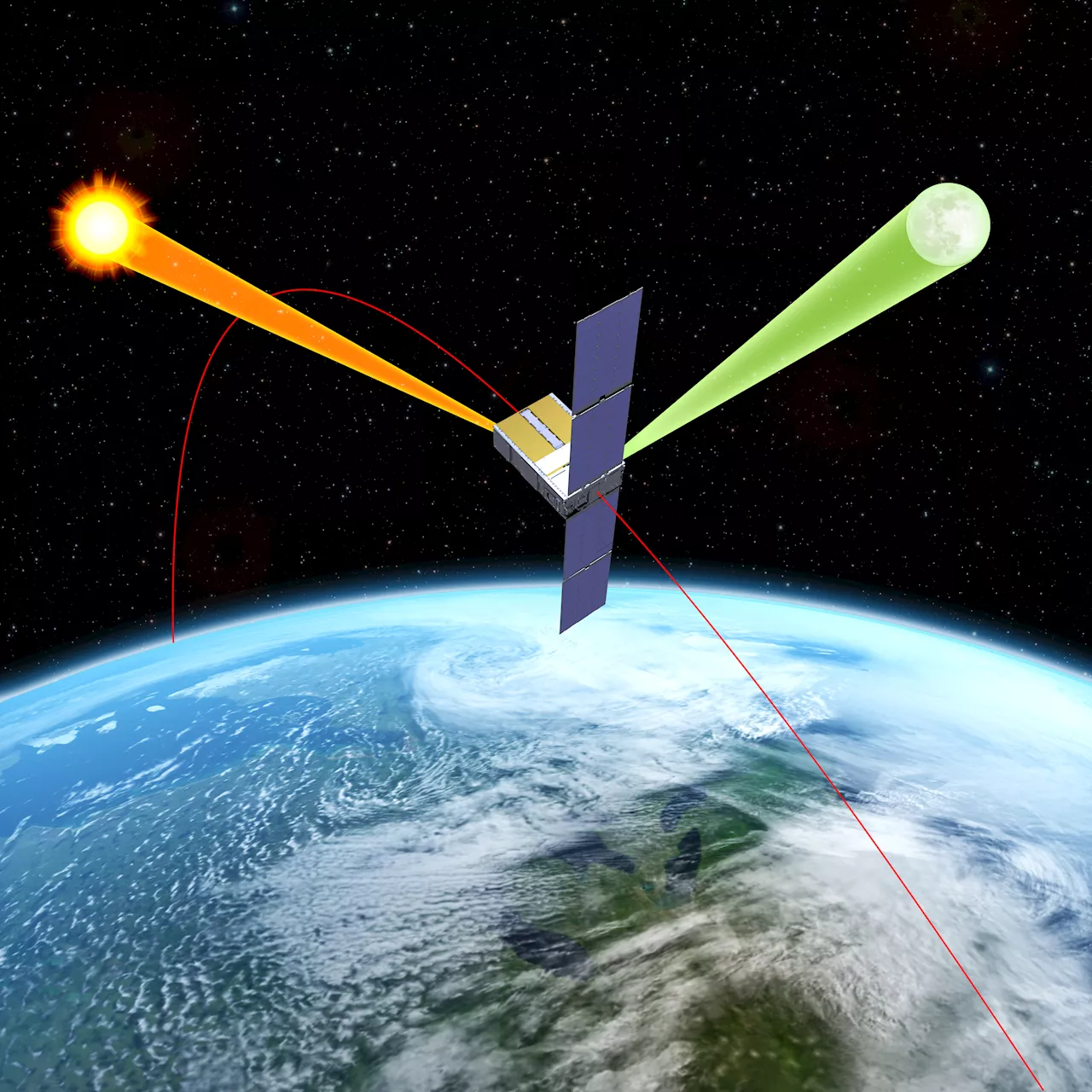
During periods of political upheaval, anger often emerges as a prevalent emotion, affecting both physical and mental health. Individuals find themselves ensnared by a phenomenon known as negativity bias, where negative experiences overshadow positive ones. This emotional turmoil can lead to increased stress levels, anxiety, and other health-related issues. In contrast, psychologists suggest that cultivating gratitude can serve as an effective countermeasure.
Research indicates that political instability can escalate feelings of anger and frustration among the populace. For instance, during the protests in various regions, heightened emotions often result in physical confrontations, further exacerbating the already tense atmosphere. According to a study published by the American Psychological Association, the psychological impact of such upheavals can lead to long-term health consequences if not addressed.
Understanding Negativity Bias
Negativity bias is a cognitive phenomenon where negative events have a more significant impact on an individual’s psyche than positive ones. This tendency can be particularly pronounced during politically charged moments, where anger can overshadow rational thinking. The World Health Organization has highlighted the mental health risks associated with chronic anger, including increased rates of depression and cardiovascular issues.
Amid these challenges, experts emphasize the importance of finding balance through gratitude. Practicing gratitude can help individuals reframe their perspectives, allowing them to focus on positive aspects of their lives. Studies show that individuals who regularly express gratitude report higher levels of happiness and lower levels of depression.
The Role of Gratitude in Mental Well-being
Incorporating gratitude into daily routines can mitigate the adverse effects of political stress. Simple practices, such as keeping a gratitude journal or expressing appreciation to others, have shown to improve emotional resilience. A study by University of California, Berkeley researchers found that participants who engaged in gratitude exercises experienced reduced symptoms of anxiety and improved overall well-being.
Moreover, interventions aimed at fostering gratitude can be beneficial in community settings. Mental health professionals encourage group activities focused on sharing positive experiences as a way to counteract the pervasive negativity during turbulent times. This approach not only strengthens individual coping mechanisms but also fosters a sense of community and support.
As political events continue to unfold globally, addressing the emotional repercussions becomes increasingly vital. By recognizing the effects of anger and embracing gratitude, individuals can enhance their emotional well-being. Ultimately, promoting mental health awareness during these trying times may serve as a crucial step toward societal healing and resilience.
In conclusion, while political upheaval often brings about anger and distress, incorporating gratitude into daily life can provide a powerful antidote. By focusing on positive experiences and supporting one another, individuals can navigate the complexities of their emotional landscapes, fostering a healthier society amidst the chaos.







